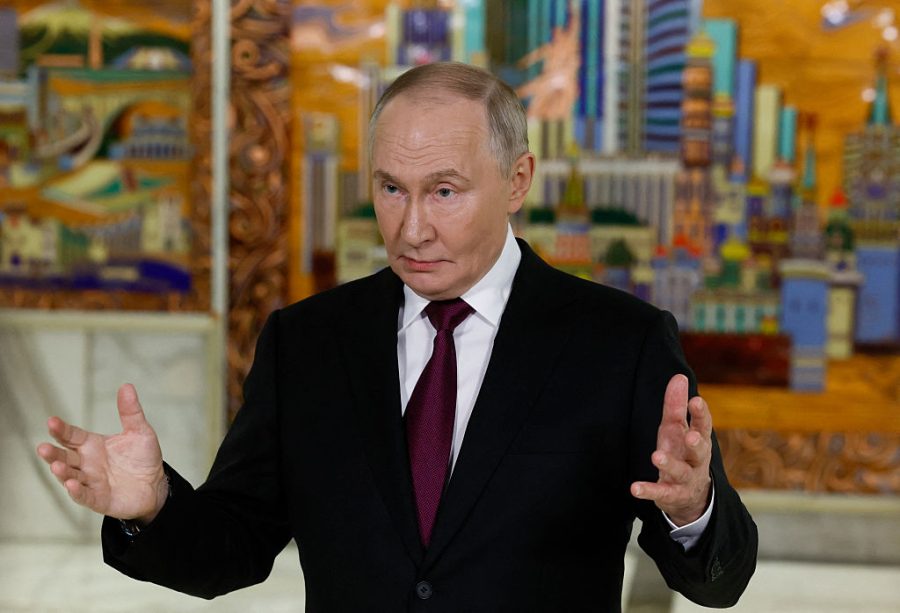There’s a certain pattern to an Alan Hollinghurst novel. A young gay man goes to Oxford. He’s middle class and riddled with suburban self-consciousness – a kind of complicated awareness of his non-posh failings and resulting subtle superiority. He meets another young man – possibly gay – who is posh. An intricate dance ensues of social slip-ups and huge townhouses in Notting Hill, bags of money and country piles. It’s a formula which can be transposed between Edwardian drawing rooms and 1980s parties with only the slightest changes. Sometimes our protagonist is the aristocrat himself; sometimes he even went to Cambridge. He’s always cultured – interested in poetry, theatre and Henry James.
Hollinghurst’s fiction was, for a period, radical. His Man Booker-winning The Line of Beauty (2004) exposed the hypocrisy among the political classes who tolerated homosexuality only when it went unmentioned, and turned a blind eye to the Aids crisis. In other works, from The Swimming Pool Library to The Stranger’s Child, there’s a reverence for historical homosexual relationships: the love and sex which must have taken place beyond the bounds of most records.
Our Evenings does nothing new. The plot is one of tedious familiarity. Dave Win is the son of a single mother, Avril, in an undistinguished ‘market town in the middle of nowhere’. The recipient of a scholarship, he goes to a local public school and eventually meets the Hadlows, the family who pay his fees. The parents, Mark and Cara, are ‘left-wing plutocrats’ and kind with their money; their son Giles, at school with Dave, is a tyrant.
The plot jerks on at intervals dictated by relationships, from the (occasionally sexual) bullying inflicted by Giles and crushes on teachers, through to adolescent freedoms at Oxford, followed by the London theatre scene. Dave becomes an actor, and much of the book describes experimental performances in a small travelling troupe, or his later semi-fame on screen. He is often up against racist discrimination (his father was Burmese). He feels the indignity of being mistaken for a ‘Chinese actor who is much shorter than me and five years older’.
There are haphazard memories, tacked together by sex. Chapters begin with no introduction (‘Then I left her in the ward’) and little sense of how many years have passed. The disparate approach is strangely levelling – every moment, from the annoyances of flatmates to the death of a parent, is given the same weight – but it leads to holes and patches. The Hadlows appear at random intervals, at dinners here and there or as guests at a play. Their fleeting appearances lend a touch of glamour to the world of jobbing actors but add little substance. They seem like something Hollinghurst has felt compelled to include, as if he could no longer imagine how a book could function without its quota of ruling-class art collectors with a chauffeur.
There are other problems. The dialogue is stilted and filled with exposition. ‘I was just a humble typist!’, says Avril at one point, like an actor emphasising the lines the audience needs to follow the plot. It leads to an overwhelming sense of characters partially drawn. One subplot about Avril living with a woman called Esme for 40 years never really emerges from behind the women’s one-dimensional depiction.
But the worst thing about the novel is how boring it is. It moves through the predictable stages – boarding school (sexual escapades, crushes), Oxford (punting, exams) and life in London (early jobs, early homosexual relationships) – with little more than a plodding sense of duty. There aren’t even any enlivening lines of cocaine to jolt the action awake, as in The Line of Beauty. The author’s only concession to freshness is to insert up-to-date political references in the latter half. Giles is a pro-Brexit MP, that stock figure of evil reviled by the arts world. ‘It is so stupid, they shoot themselves in the head,’ says one theatre director about Brexit. That’s political commentary for the ages.
The novel ends in tragedy – Dave’s memoirs are being posthumously edited by his husband; but it’s a story which lacks force. This isn’t a new Hollinghurst novel. It’s a turgid composite of his previous works.







Comments